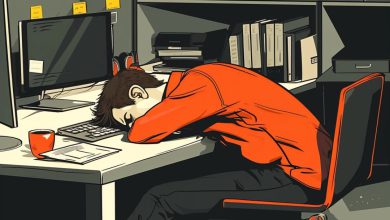PMS anxiety ; How Anxiety Can Affect PMS?
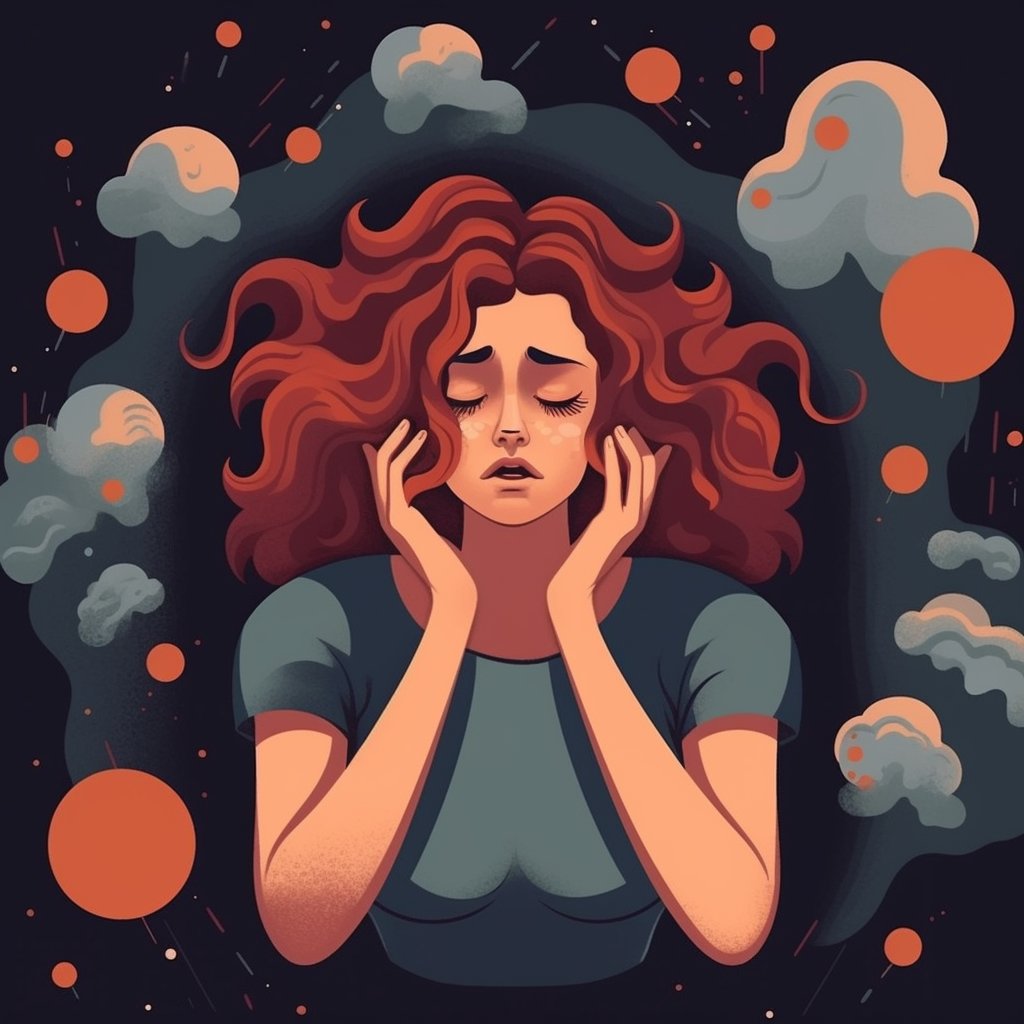
Premenstrual syndrome (PMS) refers to a cluster of physical and emotional symptoms that occur in the days or weeks leading up to menstruation in many women. It is estimated that up to 75% of women of reproductive age experience some form of PMS during their lifetime. While the exact cause of PMS remains unclear, it is believed to be linked to hormonal fluctuations that occur during the menstrual cycle.
PMS encompasses a wide range of symptoms that can vary in intensity and duration among individuals. Common physical symptoms include bloating, breast tenderness, fatigue, headaches, and changes in appetite. However, it is the emotional and psychological symptoms that often have a significant impact on women’s well-being.
One of the most prevalent psychological symptoms experienced by women with PMS is anxiety. pms anxiety is characterized by persistent feelings of unease, worry, and fear. It can manifest as racing thoughts, restlessness, irritability, and a sense of impending doom. Studies have shown a strong association between PMS and increased levels of anxiety.
Understanding the connection between PMS and anxiety is crucial for both women experiencing these symptoms and healthcare professionals providing support and treatment. By recognizing the relationship and addressing anxiety as part of PMS management, appropriate interventions can be implemented to alleviate the psychological burden experienced by women during this time.
In this article, we are going to study the relationship between anxiety and PMS and how you can reduce anxiety during PMS.
What is PMS?
PMS is believed to be influenced by hormonal changes that occur during the menstrual cycle. The two primary hormones involved in PMS are estrogen and progesterone. Throughout the menstrual cycle, these hormones fluctuate, preparing the body for potential pregnancy. These hormonal changes can affect neurotransmitters in the brain, such as serotonin, which plays a crucial role in mood regulation.
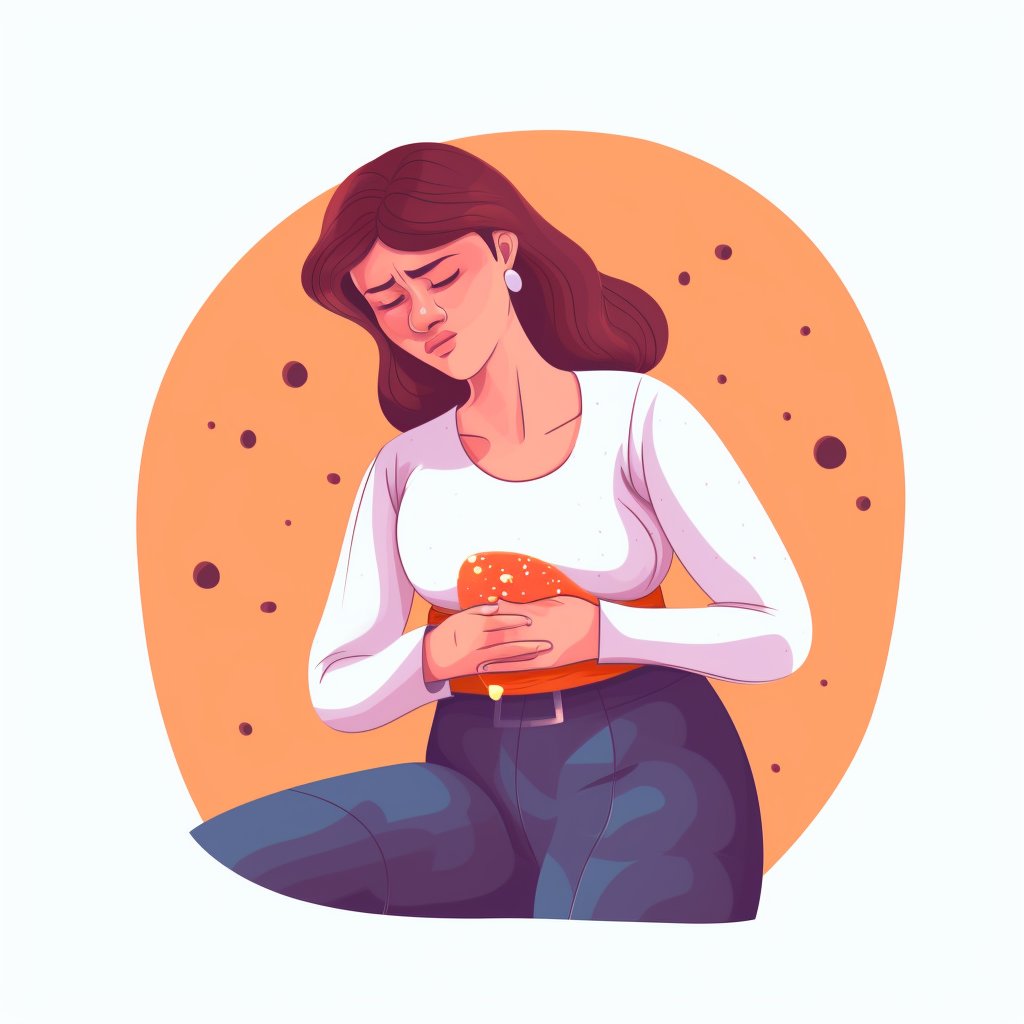
If you want to learn more about anxiety, we recommend reading this: what is the difference between anxiety vs. ADHD in adults?
Off course, after you finish what you have already started!
PMS is a common condition that affects a significant number of women . However, the severity of symptoms can vary among individuals. Several factors can influence the severity of PMS symptoms, including genetic predisposition, stress levels, lifestyle factors, and underlying mental health conditions.
For example, a study published in the Journal of Women’s Health found that women with a family history of PMS were more likely to experience severe PMS symptoms. Additionally, high levels of stress and poor coping mechanisms have been associated with increased PMS symptom severity.
PMS encompasses a wide range of physical and emotional symptoms. The specific symptoms experienced can vary among individuals and may change from month to month. Common physical symptoms include bloating, breast tenderness, fatigue, headaches, and changes in appetite. Emotional symptoms can include mood swings, irritability, anxiety, sadness, and difficulty concentrating.
A study published in the Journal of Psychosomatic Obstetrics & Gynecology highlighted the most prevalent emotional symptoms experienced during PMS, with anxiety being one of the most frequently reported symptoms. The combination of physical discomfort and emotional distress can significantly impact a woman’s quality of life during this phase of the menstrual cycle.
The Relationship Between Anxiety and PMS

There is a significant overlap between the symptoms of PMS and anxiety, which can make it challenging to differentiate between the two. Both conditions can manifest with physical symptoms such as fatigue, irritability, and difficulty concentrating. Emotional symptoms like mood swings, restlessness, and a sense of unease are also common to both PMS and anxiety. This overlap can make it difficult for women to determine whether their symptoms are solely related to PMS or if anxiety is also a contributing factor.
Anxiety can get triggered by many things and get worse at certain times of the day; one example can be anxiety upon waking up. If you wish to learn more about it, you can read this blog: What causes anxiety upon waking up and how to get rid of it!
Numerous studies have explored the relationship between PMS and anxiety, providing evidence to support the link. A study published in the Journal of Women’s Health demonstrated a higher prevalence of anxiety disorders in women with PMS compared to those without PMS. Another study in the Archives of Women’s Mental Health found that women with severe PMS were more likely to experience anxiety symptoms compared to those with milder PMS. These findings indicate that there is indeed a connection between anxiety and PMS.
Hormonal fluctuations during the menstrual cycle play a significant role in triggering anxiety symptoms during PMS. Estrogen and progesterone levels rise and fall throughout the cycle, and these hormonal changes can affect neurotransmitters in the brain, including serotonin, which is closely linked to mood regulation. The decrease in serotonin levels during the luteal phase of the menstrual cycle, which precedes menstruation, may contribute to increased anxiety symptoms. These hormonal shifts can disrupt the delicate balance of neurotransmitters, leading to heightened anxiety during PMS.
In addition to hormonal influences, psychological and social factors can contribute to anxiety during PMS. The physical discomfort and emotional distress caused by PMS symptoms can increase stress levels and make women more susceptible to anxiety. Furthermore, societal expectations and pressures, such as work demands or relationship stress, can exacerbate anxiety symptoms during this already challenging time.
Recognizing Anxiety Symptoms During PMS
Anxiety symptoms during PMS can vary among individuals, but there are several common manifestations to be aware of. These symptoms may include feelings of restlessness, irritability, excessive worry, racing thoughts, difficulty concentrating, and a sense of impending doom. Physical symptoms such as rapid heartbeat, shortness of breath, muscle tension, and sleep disturbances may also accompany anxiety during PMS. It’s important to recognize these symptoms as they can significantly impact a woman’s well-being during this phase of the menstrual cycle.

Difference Between PMS-Related Anxiety and Generalized Anxiety Disorder
Distinguishing between PMS-related anxiety and generalized anxiety disorder (GAD) is crucial for accurate diagnosis and appropriate treatment. While the symptoms of anxiety can overlap, certain factors can help differentiate between the two. PMS-related anxiety typically occurs cyclically and is closely linked to the menstrual cycle. Symptoms tend to alleviate or significantly decrease after menstruation begins. In contrast, GAD is a chronic condition characterized by persistent anxiety unrelated to the menstrual cycle.
If anxiety symptoms are predominantly experienced during the premenstrual phase and significantly impact daily functioning, it may be indicative of PMS-related anxiety. However, it’s essential to consult with a healthcare professional for an accurate diagnosis and to rule out other potential causes.

Tracking symptoms can provide valuable insights into the pattern and severity of anxiety during PMS. Keeping a symptom diary or using a menstrual tracking app can help identify the timing and duration of anxiety symptoms in relation to the menstrual cycle. This information can assist healthcare professionals in making an accurate diagnosis and developing an appropriate treatment plan.
Seeking professional help is vital for managing anxiety during PMS. A healthcare provider, such as a gynecologist, primary care physician, or mental health professional, can offer guidance, support, and evidence-based treatment options. Cognitive-behavioral therapy (CBT), relaxation techniques, and lifestyle modifications are often recommended for managing PMS-related anxiety. In some cases, medications may be prescribed to alleviate severe symptoms.
Remember that each individual is unique, and what works for one person may not work for another. Therefore, it is essential to consult with a healthcare professional to determine the most suitable approach for managing anxiety during PMS.
| Learn more: PMS Night Sweats | The Connection Between Night Sweats and PMS
Coping Strategies for Anxiety during PMS
Here are some the strategies that can help reduce anxiety during PMS:
Lifestyle Changes and Self-Care Practices
Implementing certain lifestyle changes and self-care practices can help alleviate anxiety symptoms during PMS. Prioritizing adequate sleep and maintaining a consistent sleep schedule can positively impact mood and reduce anxiety. Engaging in regular physical activity, such as walking, yoga, or swimming, can release endorphins and promote a sense of well-being. Additionally, practicing relaxation techniques like deep breathing exercises, mindfulness, and meditation can help reduce anxiety and promote overall mental well-being.

Dietary Adjustments and Nutritional Supplements

Certain dietary adjustments and nutritional supplements have been suggested to alleviate symptoms of PMS-related anxiety. Consuming a balanced diet rich in whole grains, fruits, vegetables, and lean proteins can provide essential nutrients and support overall well-being. Some studies suggest that increasing intake of omega-3 fatty acids found in fatty fish, flaxseeds, and walnuts may have a positive impact on mood and reduce anxiety symptoms. Additionally, certain herbal supplements like chasteberry and evening primrose oil have been investigated for their potential benefits in managing PMS symptoms, including anxiety. However, it’s important to consult with a healthcare professional before starting any new dietary supplements.
you can learn more about the relationship between food and pms by reading this blog: foods for PMS: Good Foods for PMS Cramps, Mood Swings, etc.
Stress Management Strategies
Engaging in regular exercise not only benefits physical health but can also help alleviate anxiety symptoms during PMS. Exercise promotes the release of endorphins, which are natural mood-boosting chemicals in the brain. It can also serve as a form of stress relief and provide a distraction from anxiety-inducing thoughts. Combining exercise with relaxation techniques, such as progressive muscle relaxation or guided imagery, can further enhance the calming effect and reduce anxiety. Additionally, incorporating stress management strategies like time management, setting boundaries, and practicing self-compassion can contribute to overall well-being and help manage anxiety during PMS.

Seeking Professional Help
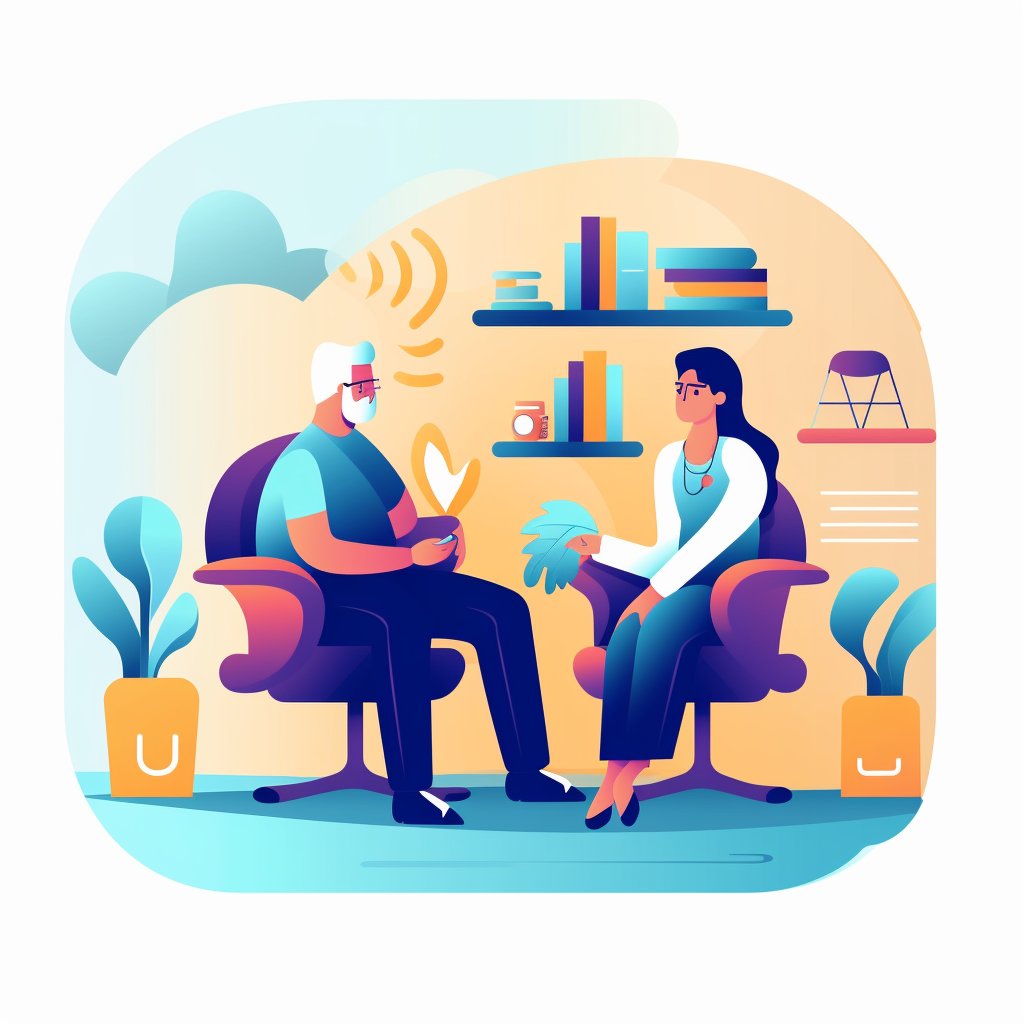
For individuals experiencing significant anxiety during PMS, seeking support from healthcare professionals and therapists is crucial. A healthcare provider can provide guidance, offer treatment options, and monitor the effectiveness of interventions. Cognitive-behavioral therapy (CBT), a type of therapy that focuses on changing negative thought patterns and behaviors, has shown promising results in managing PMS-related anxiety. In some cases, medications may be prescribed to alleviate severe symptoms. Collaborating with a therapist can provide valuable coping strategies, emotional support, and help individuals develop effective ways to manage anxiety during PMS.
Medical Treatments and Interventions
In cases where lifestyle changes and self-care practices are insufficient in managing PMS symptoms, medications and hormonal therapies may be considered. Nonsteroidal anti-inflammatory drugs (NSAIDs) can help alleviate physical symptoms such as menstrual cramps, breast tenderness, and headaches. Oral contraceptives containing a combination of estrogen and progestin may be prescribed to regulate hormone levels and reduce PMS symptoms. These hormonal therapies can help stabilize hormonal fluctuations and provide relief from both physical and emotional symptoms associated with PMS.

Antidepressants and Anti-Anxiety Medications for PMS-Related Anxiety
For individuals experiencing significant anxiety during PMS, antidepressants and anti-anxiety medications may be prescribed. Selective serotonin reuptake inhibitors (SSRIs), a type of antidepressant, have shown efficacy in reducing both physical and emotional symptoms of PMS, including anxiety. SSRIs work by increasing serotonin levels in the brain, which can help regulate mood and alleviate anxiety symptoms. Anti-anxiety medications, such as benzodiazepines, may be prescribed for short-term relief of severe anxiety symptoms. It’s important to consult with a healthcare professional to determine the most appropriate medication and dosage for individual needs.
Complementary and Alternative Therapies
In addition to conventional medical treatments, complementary and alternative therapies may offer potential options for managing PMS symptoms and anxiety. These therapies can be used in conjunction with other interventions to enhance overall well-being. Some individuals find relief through acupuncture, a practice that involves the insertion of thin needles into specific points on the body. Others may explore herbal remedies like St. John’s wort or valerian root, which have been suggested to alleviate anxiety symptoms. However, it’s important to note that the efficacy and safety of these therapies may vary, and it’s crucial to consult with a healthcare professional before incorporating them into a treatment plan.
When considering medical treatments and interventions for managing PMS-related anxiety, it’s essential to work closely with healthcare professionals who can provide appropriate guidance, monitor treatment effectiveness, and address any potential risks or side effects.
Prevention and Long-Term Management

While it may not be possible to completely eliminate PMS, certain strategies can help prevent and reduce the severity of symptoms. Maintaining a healthy lifestyle by eating a nutritious diet, engaging in regular exercise, and getting sufficient sleep can positively impact overall well-being and potentially alleviate PMS symptoms. Avoiding or reducing the consumption of caffeine, alcohol, and salty foods may also help reduce bloating, irritability, and other PMS-related symptoms. Additionally, stress management techniques such as mindfulness, relaxation exercises, and seeking emotional support can contribute to symptom reduction.
Maintaining Overall Well-Being and Stress Reduction Throughout the Menstrual Cycle
Focusing on overall well-being and stress reduction throughout the entire menstrual cycle can help manage PMS-related anxiety. Regular self-care practices, including engaging in hobbies, practicing self-compassion, and setting aside time for relaxation, can promote a sense of balance and reduce stress. Prioritizing self-care should not be limited to the premenstrual phase but incorporated into daily life to support mental and emotional well-being.
Incorporating stress reduction techniques such as yoga, deep breathing exercises, or meditation throughout the menstrual cycle can also contribute to anxiety management. Engaging in activities that promote relaxation and emotional well-being can help mitigate anxiety symptoms and enhance overall resilience.
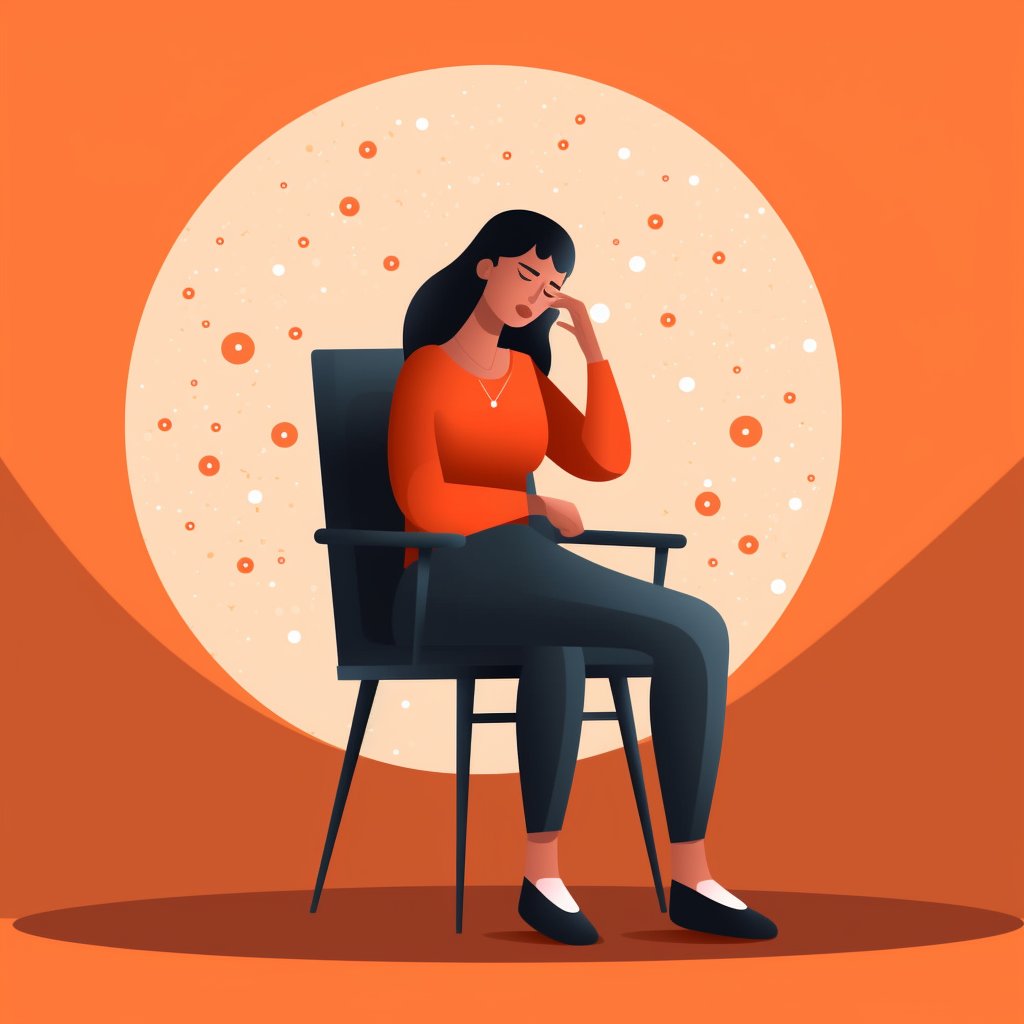
Long-Term Approaches to Managing PMS-Related Anxiety
For women experiencing chronic or severe PMS-related anxiety, adopting long-term management approaches can be beneficial. Cognitive-behavioral therapy (CBT) has been shown to be effective in helping individuals identify and modify negative thought patterns, develop coping strategies, and reduce anxiety symptoms. Through CBT, individuals can gain skills to manage anxiety not only during the premenstrual phase but also in other areas of life.
Incorporating regular exercise, such as aerobic activities or yoga, into daily routines has been associated with improved mental health and reduced anxiety symptoms. Exercise promotes the release of endorphins, which are natural mood-boosting chemicals in the brain. Furthermore, maintaining a support network, whether through friends, family, or support groups, can provide emotional support and a sense of belonging, which are essential in managing anxiety.
HealWiser’s Last Piece of Advice
PMS and anxiety often intersect, with many women experiencing anxiety symptoms in the premenstrual phase of their menstrual cycle. The hormonal fluctuations and physiological changes that occur during this time can contribute to increased vulnerability to anxiety. Psychological and social factors can also influence anxiety levels during PMS. It is important to recognize the connection between PMS and anxiety in order to address and manage symptoms effectively.
If you are experiencing anxiety symptoms during PMS, it is crucial to seek help and support. Consult with a healthcare professional who can provide an accurate diagnosis and recommend appropriate treatments. Remember that you are not alone in this experience, and seeking support from friends, family, or support groups can also be beneficial. There are various medical treatments, lifestyle changes, and coping strategies available to help manage PMS-related anxiety.
In navigating PMS-related anxiety, self-care plays a vital role. Prioritizing self-care practices such as maintaining a healthy lifestyle, engaging in stress reduction techniques, and seeking emotional support are crucial for managing anxiety symptoms. Understanding the cyclic nature of PMS-related anxiety and tracking symptoms can provide valuable insights for effective management. Remember to be kind to yourself, practice self-compassion, and be patient with the process of finding.
Share your experience with HealWiser and others in the comments section below this post.


